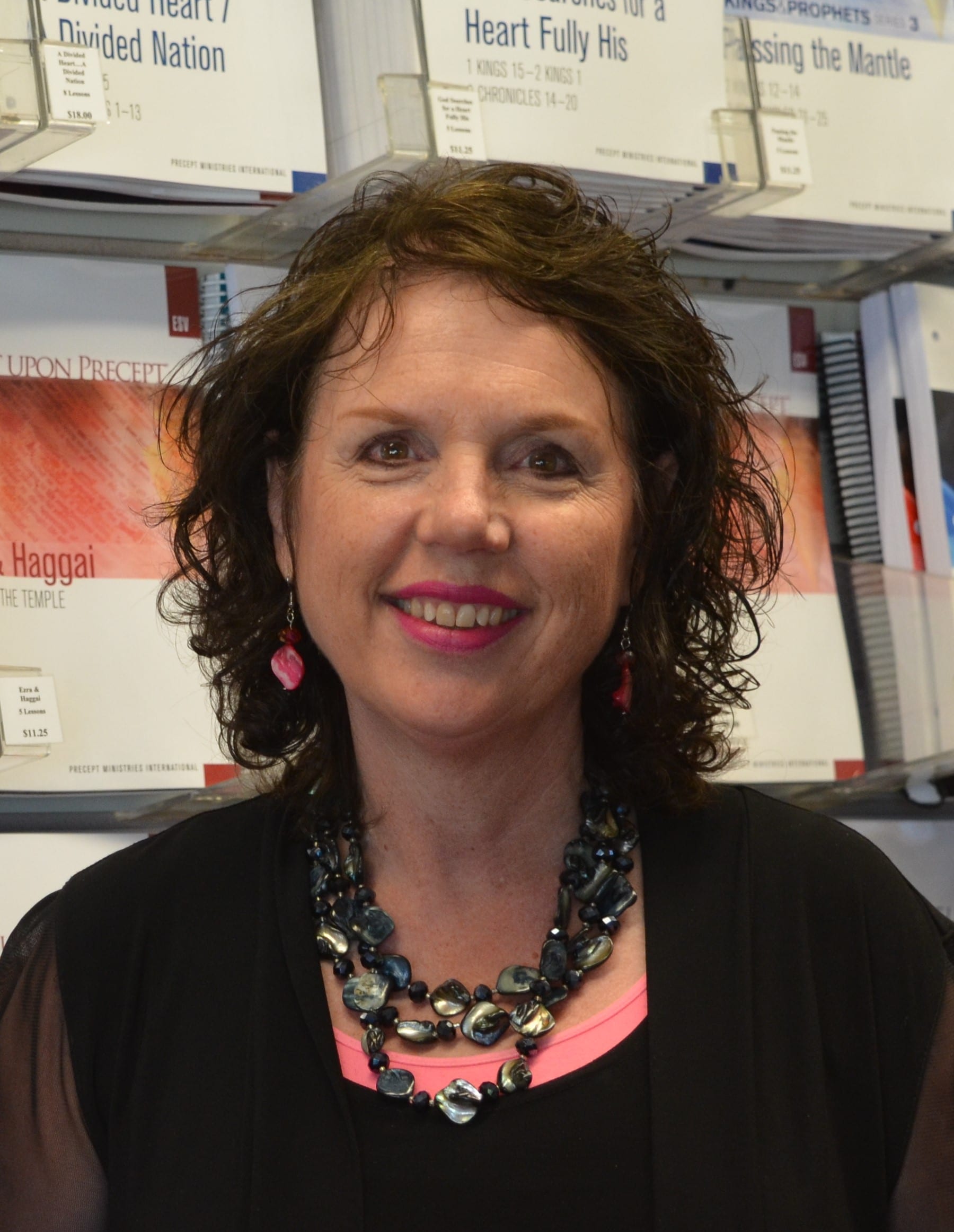No products in the cart.
Word Studies with Beth Schmidt
1 May the Lord answer you in the day of trouble!
May the name of the God of Jacob set you securely on high!
2 May He send you help from the sanctuary,
And support you from Zion!
3 May He remember all your meal offerings
And find your burnt offerings acceptable! Selah
Psalm 20:1-3 NASB

So begins David’s psalm. Our eye quickly glances over these first three verses at first read – very poetic language encouraging us that God is with us in trouble. So, let’s move on – or wait, maybe there are some other nuggets of truth. If you have been doing inductive study for a while, you will pick up on “the name of the God of Jacob.” And for sure, you will have done a topical study on Zion by now (right?). And maybe you will even do a quick word study on sanctuary in verse 2 and will learn that it is the Hebrew word miqdash, the holy place (sanctuary). While that may seem obvious, by looking it up, we learn more about the Hebrew word. QDSH is the root and is the same root for qadosh, one of God’s names – Jehovah Qadosh, the Holy One. So, the name of God that David (and us) calls upon in v.1 is our Holy God (Jehovah Qadosh) who sets us securely on high, or ‘set apart’ (also from the same root, qodesh) from our trouble. But when we get to v. 3 about the meal and burnt offerings – well, what’s to know about that? That was in David’s time. But now those kinds of offerings are fulfilled through the death of Christ on the cross. Some cross-references might help, but how would a word study on that verse help me now that I live in New Testament times?
Remember that all Scripture is profitable (2 Tim 3:16) so take the time to look up acceptable in v.3. The Hebrew is dashen and means fatty ashes left after burning the offering. It literally means ‘fat’ – May He find all my offerings fat! The note in the word study dictionary is that the fat animals are the healthy animals and a reference to being prosperous. Interestingly – it also means to anoint as in God’s blessing bestowed: Psalm 23:5 – Thou hast anointed (made fat) my head with oil. It is the Lord’s blessing on me that is true prosperity (not worldly riches). And in turn, the blessing He bestows on me is the very thing I give back in worship to Him (Psalm 20:3).
There is yet another truth hidden in the Hebrew in v. 3, “May He remember all your meal offerings.” This is the word zakar. It does not merely mean to recall but adds the significant understanding of taking action based on what is being remembered. We know God is omniscient, so why is David asking God to remember? Because David is asking God to take action on what He is remembering. God remembered Noah, and the waters subsided (Genesis 8:1). And in His mercy, God chooses not to remember, “I even I, am the One who wipes out your transgressions for My own sake; and I will not remember your sins” (Isaiah 43:25). It is not that God can no longer recall that we sinned, but that He promises not to act against us because of our sins. No wonder David proclaims in v. 7, “Some boast in chariots, and some in horses; but we will boast (zakar) in the name of the LORD, our God.” What action will you take based on what you bring to mind about our God?
Word studies should go beyond simply looking at the one-word definitions in most online apps. Hebrew and Greek scholars have given us readily accessible tools to help us and others in our Bible study groups dig much deeper into God’s Word. Learning how to use these tools effectively will be the subject of the upcoming Word Study Workshop. Join in and encourage others in your Bible study to join also to become skilled in these very useful helps available to us all.

0 Comments